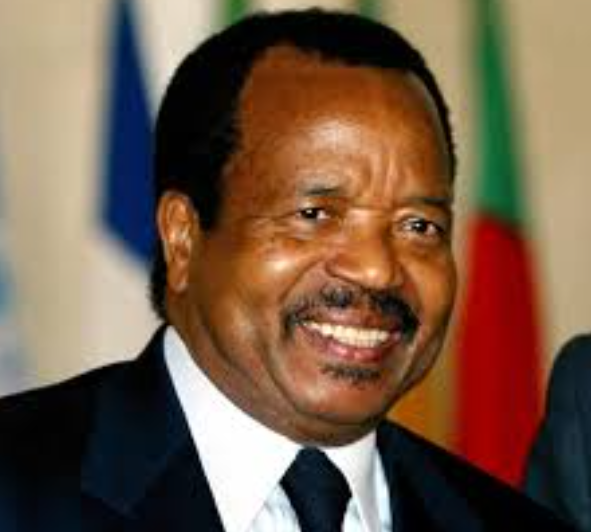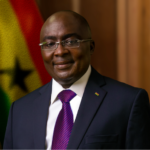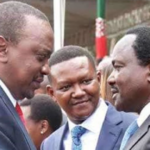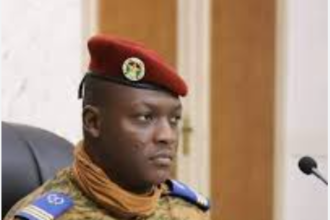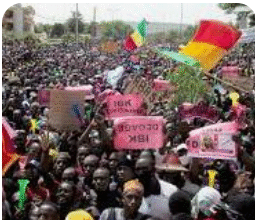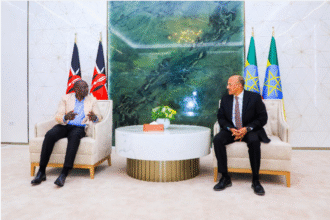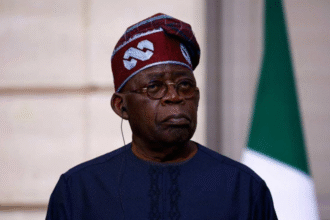YAOUNDÉ, CAMEROON – As Cameroon lurches towards another uncertain year, one thing remains constant: the enduring presence of President Paul Biya. Now in his 42nd year in power, Biya’s rule is increasingly seen as a critical obstacle to much-needed change across the nation, hindering economic development, fueling social unrest, and stifling genuine political reform.
While proponents praise Biya for maintaining stability in a turbulent region, a growing chorus of voices accuses him of presiding over a system rife with corruption, cronyism, and a blatant disregard for democratic principles. Critics argue that his entrenched administration has become resistant to progress, perpetuating inequalities and failing to address the pressing needs of the Cameroonian people.
“For too long, Cameroon has been held back by the iron grip of one man,” stated Dr. Marie Njamen, a political analyst based in Yaoundé. “The concentration of power, the lack of genuine accountability, and the suppression of dissent have created a climate where innovation and progress are simply suffocated.”
The Anglophone Crisis, a conflict simmering since 2017 in the Northwest and Southwest regions, stands as a stark example of the government’s perceived failures. What began as protests over marginalization and linguistic inequalities has escalated into a bloody insurgency, leaving thousands dead and hundreds of thousands displaced. Critics argue that Biya’s government has consistently mismanaged the crisis, resorting to heavy-handed military tactics and failing to engage in meaningful dialogue with separatist factions.
Beyond the Anglophone Crisis, Cameroon faces a multitude of challenges, including a struggling economy, high unemployment, and widespread poverty. While the country possesses significant natural resources, including oil and gas, the benefits have largely failed to trickle down to the majority of the population. Transparency International consistently ranks Cameroon poorly in its corruption perception index, fueling accusations of mismanagement and illicit enrichment within the ruling elite.
The upcoming presidential elections, expected in 2025, offer a glimmer of hope for change. However, the playing field is heavily skewed in favor of the ruling CPDM party, with the opposition facing systemic obstacles, including limited access to media, harassment, and restrictions on freedom of assembly.
“The electoral system is rigged,” alleges Jean-Paul Mbarga, a leading opposition figure. “Biya’s regime uses every tool at its disposal to suppress dissent and ensure its continued hold on power. Free and fair elections are a distant dream in Cameroon.”
Despite the daunting challenges, there is a growing sense of urgency among Cameroonians demanding a new path forward. Civil society organizations, youth movements, and diaspora groups are increasingly vocal in their calls for political reform, economic diversification, and an end to the Anglophone Crisis.
Whether these calls will translate into meaningful change remains to be seen. But one thing is clear: Biya’s continued presence at the helm poses a significant obstacle to the progress that Cameroon so desperately needs. The question now is whether the desire for change can overcome the entrenched power of the status quo.


